falala~
Sunday, July 31, 2005 by yish
Sunday, July 31, 2005 by yish
Posted in: | 0 comments | |
by yish
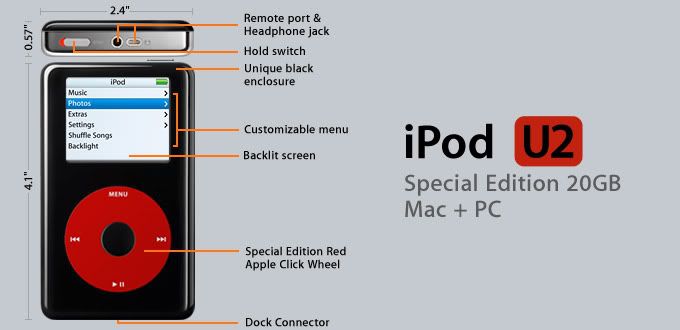

Posted in: | 0 comments | |
Saturday, July 30, 2005 by yish






dear obfuscate n choktong.. my 2 characters in maplestory.. 2 of them are damn cute..
Posted in: | 0 comments | |
by yish
Posted in: | 0 comments | |
by yish
Posted in: | 0 comments | |
Friday, July 29, 2005 by yish
Posted in: | 0 comments | |
by yish
Posted in: | 0 comments | |
by yish
Posted in: | 0 comments | |
by yish
Posted in: | 0 comments | |
by yish
Posted in: | 0 comments | |
Wednesday, July 27, 2005 by yish
Posted in: | 0 comments | |
Monday, July 25, 2005 by yish
Posted in: | 0 comments | |
Sunday, July 24, 2005 by yish
Posted in: | 0 comments | |
Friday, July 22, 2005 by yish
Posted in: | 0 comments | |
Thursday, July 21, 2005 by yish
Posted in: | 0 comments | |
Posted in: | 0 comments | |
Wednesday, July 20, 2005 by yish
Posted in: | 0 comments | |
Posted in: | 0 comments | |
by yish
Posted in: | 0 comments | |
Tuesday, July 19, 2005 by yish
Posted in: | 0 comments | |
by yish
Posted in: | 0 comments | |
Monday, July 18, 2005 by yish

Posted in: | 0 comments | |
by yish

 mrs esther teo.. art for sec1&2
mrs esther teo.. art for sec1&2 mdm chen lili.. dance n mass dance for my whole 4 yrs.. haiz..
mdm chen lili.. dance n mass dance for my whole 4 yrs.. haiz.. mrs shirley lee.. taught me cookin n sewin.. cant forget her 'wegetable has witamins..'
mrs shirley lee.. taught me cookin n sewin.. cant forget her 'wegetable has witamins..' Mrs. Ee-Chek Yui Hong.. if im not wrong she taught me music before.. co teacher..
Mrs. Ee-Chek Yui Hong.. if im not wrong she taught me music before.. co teacher.. zheng lao shi.. was form n chi teacher.. xiao zheng zheng has cool taiwan accent..
zheng lao shi.. was form n chi teacher.. xiao zheng zheng has cool taiwan accent.. mrs sandra lee.. sec4 english.. she was among de few in my life hu cant pronounce my name..
mrs sandra lee.. sec4 english.. she was among de few in my life hu cant pronounce my name.. mr adrian chan.. lit teacher.. he hu loves to treat us to expensive biscuits.. but somehow somebody found out tat most of them are nearly expirin when he gave it to us.. haha..
mr adrian chan.. lit teacher.. he hu loves to treat us to expensive biscuits.. but somehow somebody found out tat most of them are nearly expirin when he gave it to us.. haha.. mrs seah hui yong.. de coolest english teacher in town.. but hu i fear most in my nanyang life.. she loves cats..
mrs seah hui yong.. de coolest english teacher in town.. but hu i fear most in my nanyang life.. she loves cats.. Mr Jailani Abu Bakar.. media studies teacher.. he hu jumped onto a table n sang 'eternal flame' to us durin lesson..
Mr Jailani Abu Bakar.. media studies teacher.. he hu jumped onto a table n sang 'eternal flame' to us durin lesson.. ms ong.. av club teacher..
ms ong.. av club teacher.. Mrs Kristie Tay.. english teacher.. though she is married with a child.. i still call her 'ms ong'..
Mrs Kristie Tay.. english teacher.. though she is married with a child.. i still call her 'ms ong'.. mr gary tang.. drama teacher.. everybody shd noe hu is he lah..
mr gary tang.. drama teacher.. everybody shd noe hu is he lah.. ms sia bee leng.. scariest geog teacher i even had.. n de most IT savvy.. felicia thinks she's full of attitude..
ms sia bee leng.. scariest geog teacher i even had.. n de most IT savvy.. felicia thinks she's full of attitude.. ms rashidah.. my ss n form teacher.. lives in cck.. scolds us like mad but loves us too..
ms rashidah.. my ss n form teacher.. lives in cck.. scolds us like mad but loves us too.. mrs vivien chan.. geog teacher.. my dear vivien hu has a daughter hu looks like her..
mrs vivien chan.. geog teacher.. my dear vivien hu has a daughter hu looks like her.. mr lim chow hoon.. dunno my sec 1or 2 geog teacher.. once he sneeze, de whole sch tremors.. heard he set up de st nicks throws team few yrs ago..
mr lim chow hoon.. dunno my sec 1or 2 geog teacher.. once he sneeze, de whole sch tremors.. heard he set up de st nicks throws team few yrs ago.. ms ng soo ling.. maths teacher.. we juz hate n love her.. she made me a neater person..
ms ng soo ling.. maths teacher.. we juz hate n love her.. she made me a neater person.. mrs linda chang.. maths.. her lame jokes are real farni.. n has a cute son called timothy..
mrs linda chang.. maths.. her lame jokes are real farni.. n has a cute son called timothy.. mr chan yook mun.. phy n pw teacher for a yr.. potato..
mr chan yook mun.. phy n pw teacher for a yr.. potato.. mrs susan chew.. chem teacher.. i cant help but slp durin her lessons though.. heh..
mrs susan chew.. chem teacher.. i cant help but slp durin her lessons though.. heh.. mr kuo yu hsuan.. av club teacher.. miss his swearin.. but he's a gd teacher..
mr kuo yu hsuan.. av club teacher.. miss his swearin.. but he's a gd teacher.. mrs wong-tan poh yee.. phy teacher for a yr.. could still rmb de time when we made her cry..
mrs wong-tan poh yee.. phy teacher for a yr.. could still rmb de time when we made her cry.. Mrs Claudine Tan.. my eng elect teacher in sec1.. she helped to improve my lousy english then.. n she still wrote me a note in sec4 before de Os..
Mrs Claudine Tan.. my eng elect teacher in sec1.. she helped to improve my lousy english then.. n she still wrote me a note in sec4 before de Os..
Posted in: | 0 comments | |
by yish
Posted in: | 0 comments | |
by yish
Posted in: | 0 comments | |
Saturday, July 16, 2005 by yish
Posted in: | 0 comments | |
by yish

Posted in: | 0 comments | |
Friday, July 15, 2005 by yish
Posted in: | 0 comments | |
Thursday, July 14, 2005 by yish
Posted in: | 0 comments | |
Wednesday, July 13, 2005 by yish
actually we wanted to join this competition tat is to make videos to publicise acjc.. but i guess we not doin liaoz le bah.. too busy le.. but there are really nice photos tat we took..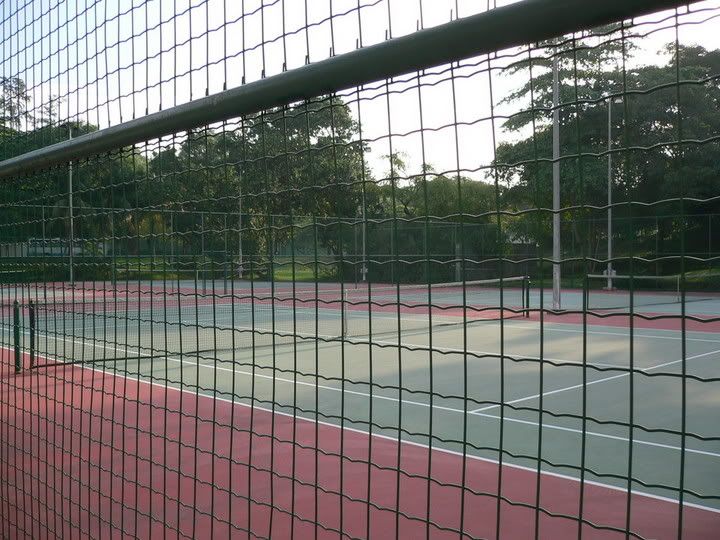
tennis court..
de foolscape..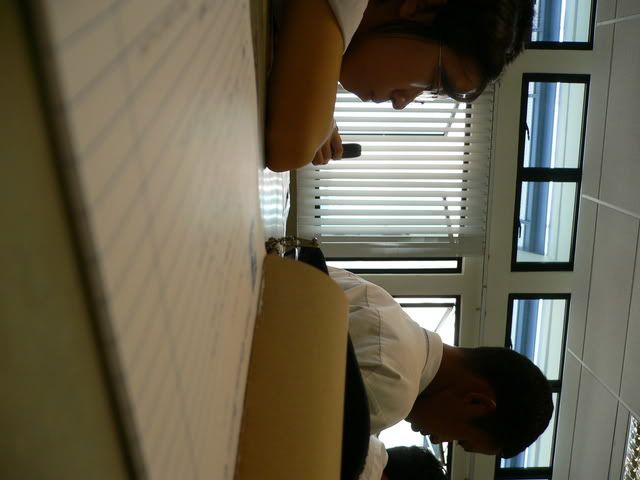
lessons..
i love yong tau foo!!
de swimmin pool..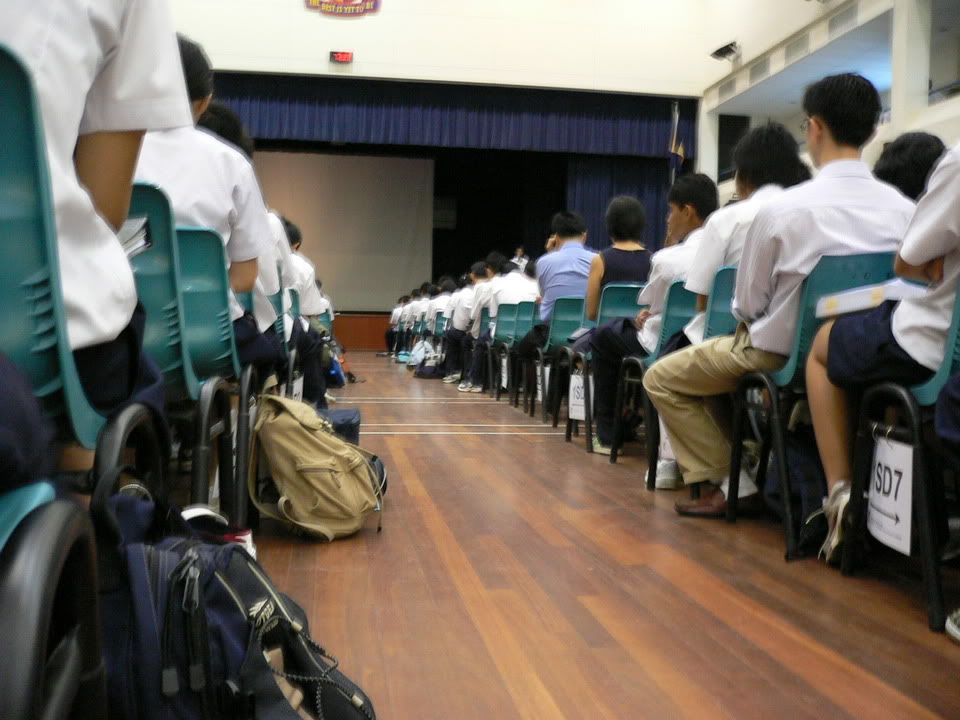
hall durin assembly..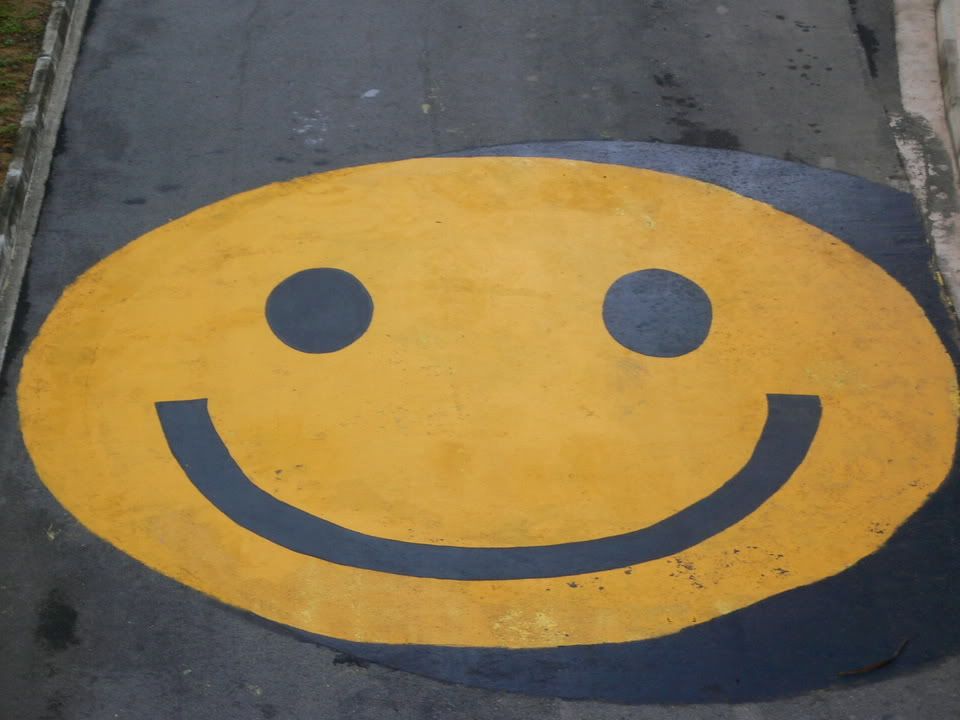
de smiley!!
anyone dare to steal these photos taken by me n ong will get it!! u ta ma de.. yup.. ong lent me her memory card today for me to copy in all de photos.. n among all got de one we took secretly of ahem.. haha.. damn farni.. but very blur lah.. so sad..
Posted in: | 0 comments | |
by yish
Posted in: | 0 comments | |
Monday, July 11, 2005 by yish
Posted in: | 0 comments | |
by yish
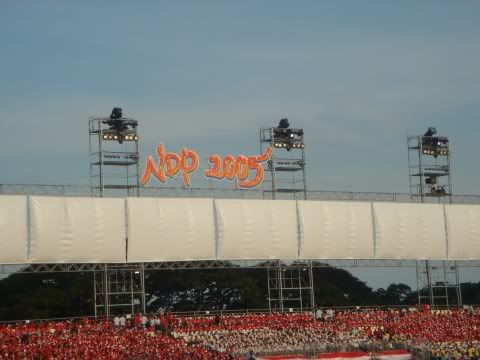
ladies and gentlemen, presentin to u ndp 2005!!

city hall looks fabulous!!

red lions!! :D

loves de planes there!!

majulah singapura!!
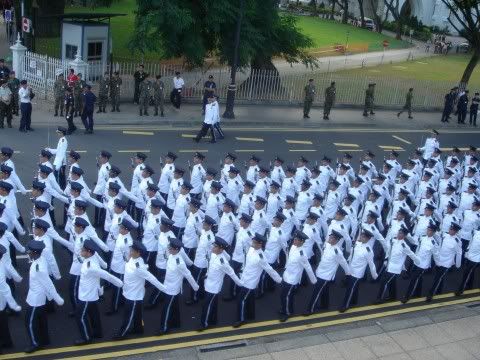
de ah bing ge's are so cool..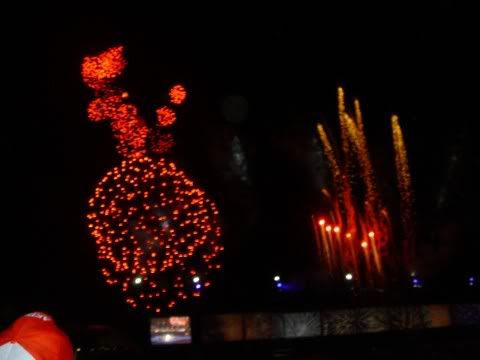
as always.. de fireworks.. :)
maybe we are real sua gu.. but im damn proud tat spore is de venue for this yr's IOC session!!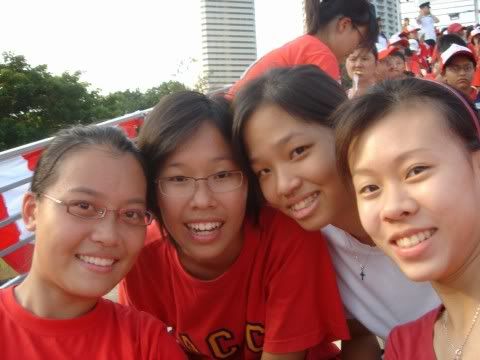
as always.. US!!!
Posted in: | 0 comments | |
Copyright 2008 | All Rights Reserved.
MistyLook made free by Web hosting Bluebook. Port to Blogger Templates by Blogcrowds | Distributed by Free Blogger Templates